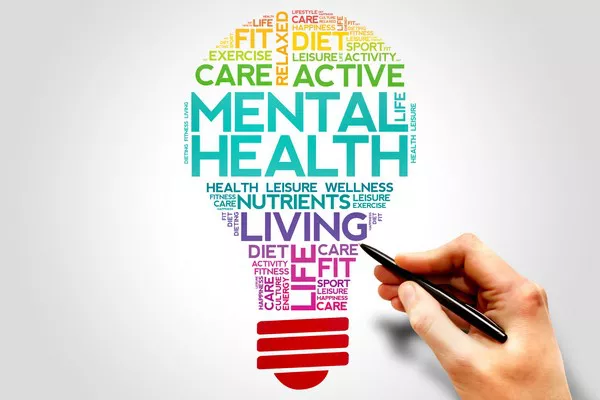A new West Health-Gallup Healthcare survey reveals that nearly three-quarters of U.S. adults feel the government is not doing enough to provide affordable mental health care access. Conducted in mid-September, the survey found that 73% of Americans believe more governmental action is necessary, underscoring a pressing public need for accessible mental health services.
According to the survey, only 12% feel current government efforts are adequate, while 7% believe the government is doing too much, and another 7% are uncertain. This sentiment arises as the Biden administration recently introduced a rule mandating insurers to cover mental health and addiction services on par with other health conditions—a change largely supported by the public, with 79% expressing approval.
However, confidence in insurers remains shaky. Half of the respondents express limited trust that insurance companies would fully support mental health access even if governmental enforcement increased. This skepticism highlights a potential gap between policy changes and real-world access to care.
Across political lines, there is widespread agreement on the need for increased action. Eighty-seven percent of Democrats and 73% of independents feel the government is not doing enough, while a smaller but significant 57% of Republicans share this view. Gender differences were also noted, with women being 10 percentage points more likely than men (78% versus 68%) to feel the government’s efforts fall short.
Public doubt extends to the future of affordable mental health care, with 60% of respondents saying they see it as “not very likely” or “not likely at all” to improve over the next five years. However, certain demographic groups, including women, Black, and Hispanic adults, appeared more optimistic about the potential for increased access.
This survey polled 3,660 adults with a 2-percentage point margin of error, underscoring a need for policies that align with the public’s demand for accessible, affordable mental health care.
Read more:
Online Gambling Boom Linked To Public Health Risks, Calls For Global Policy Action
Do Weight-Loss Meds Lower Health Costs? Latest Study Finds It May Take More Time
Vitamin D Deficiency Resurfaces: Could Cod Liver Oil Be The Answer


